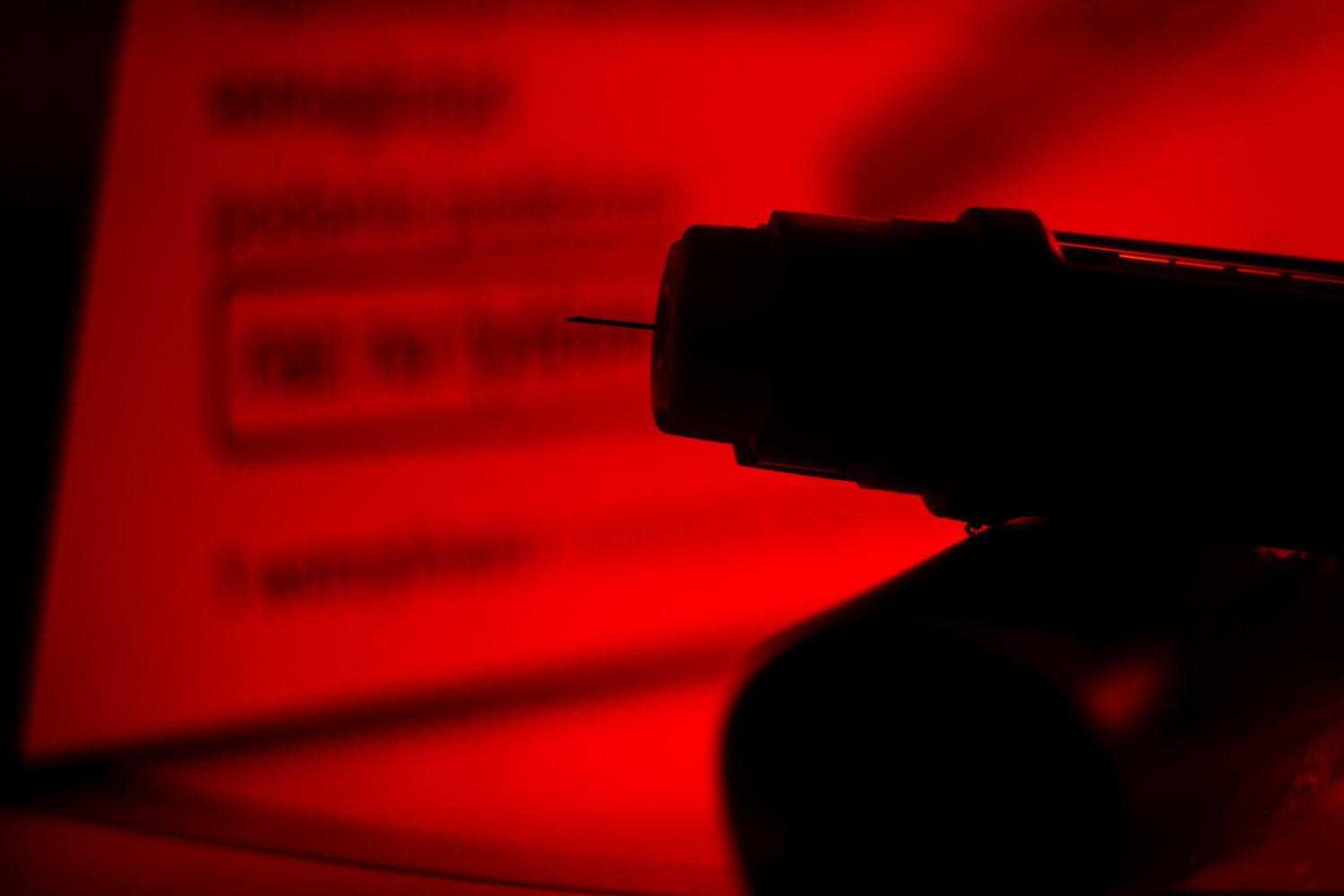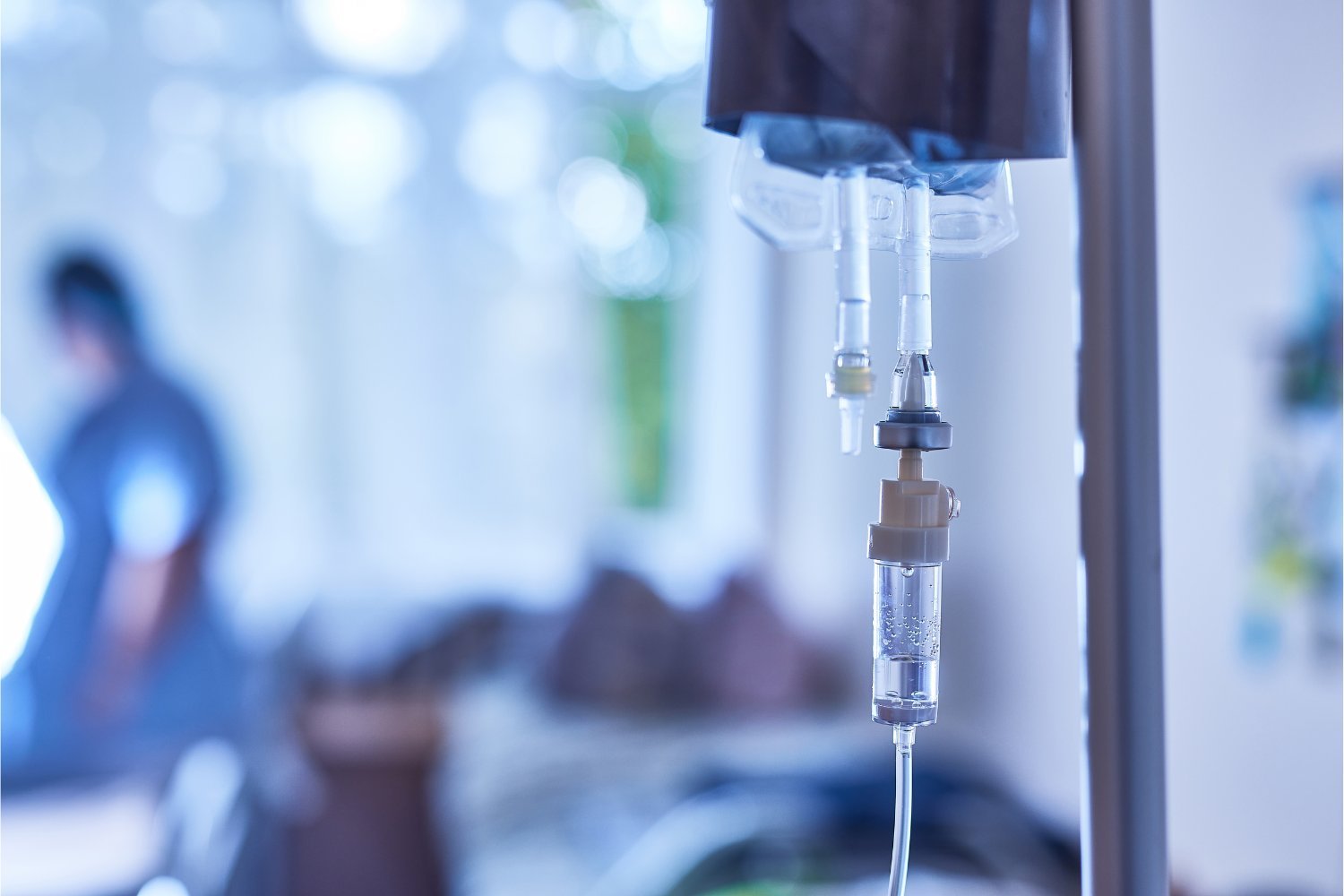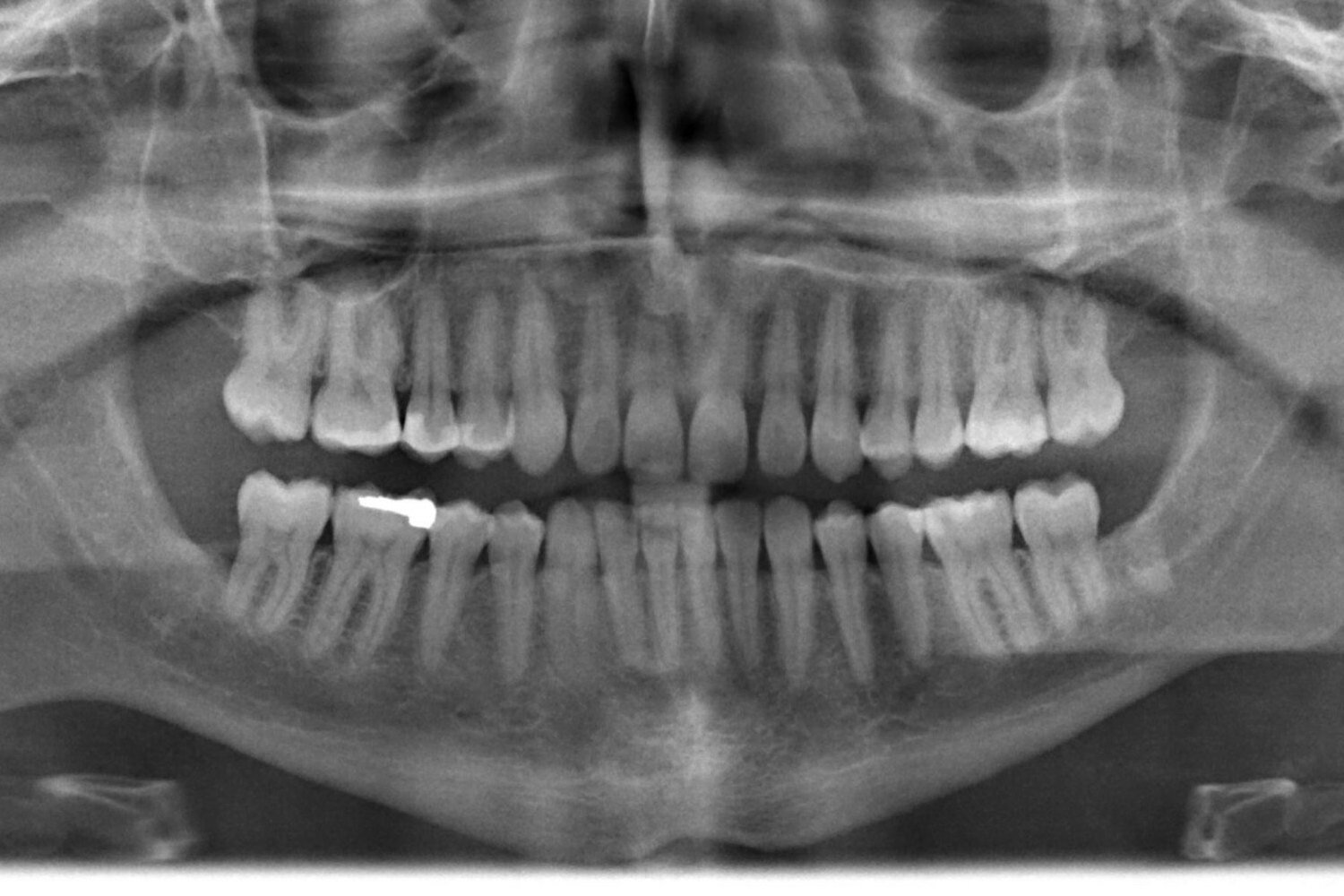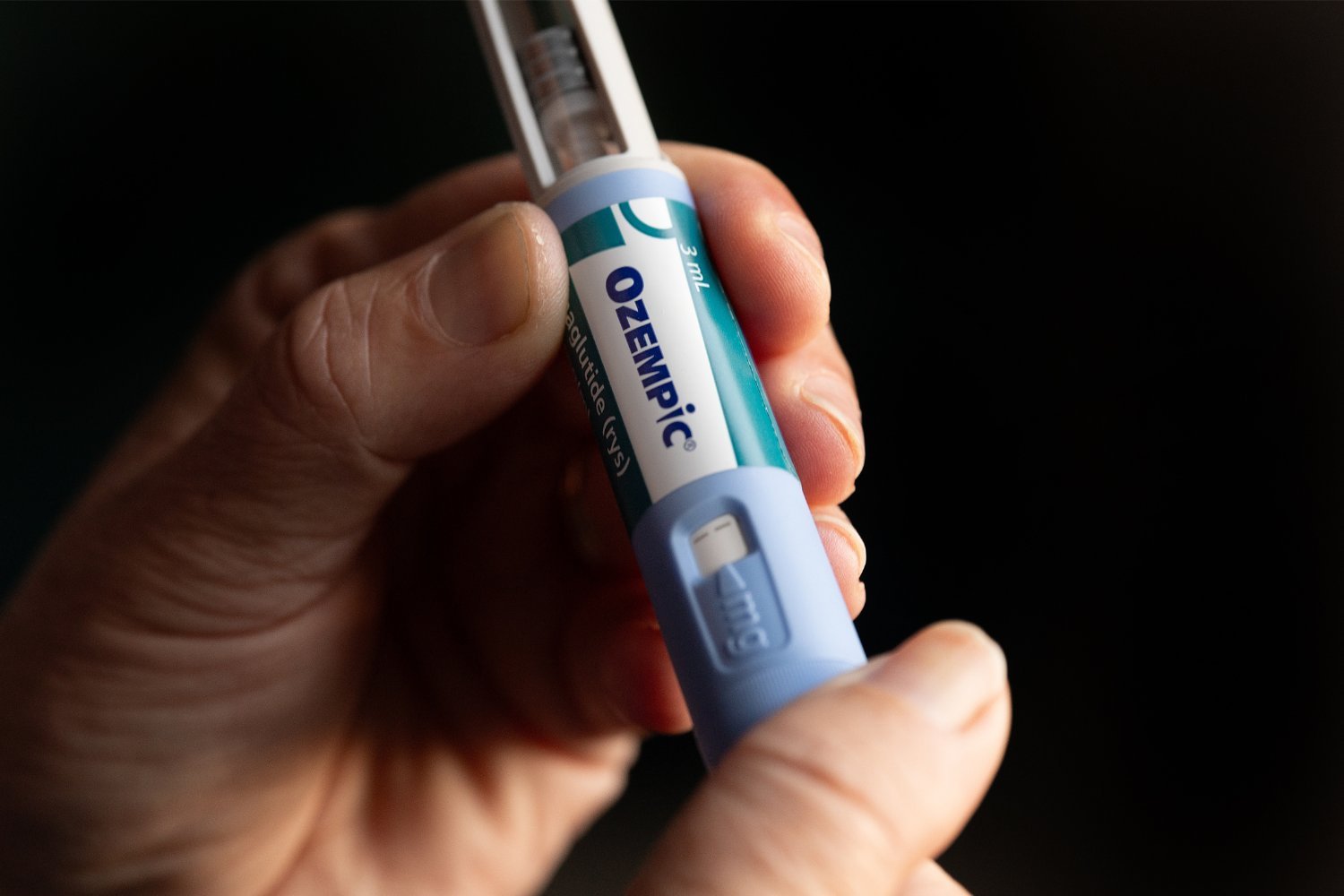Ozempic and similar GLP-1 weight-loss drugs are currently trending, but a new national survey reveals most Americans aren’t interested in using them, even if they want to lose weight. These medications have revolutionized obesity treatment, offering significantly improved weight loss compared to diet and exercise alone. However, high demand has led to shortages and a thriving black market. Despite this, the survey suggests a prevailing hesitancy towards these drugs.
The survey, commissioned by the Physicians Committee for Responsible Medicine (PCRM) and conducted by Morning Consult, polled 2,205 adults nationwide. Participants were asked whether they agreed with the statement: “If I wanted to lose weight, I would rather take an injectable weight-loss drug, rather than make a diet change.” Only 23% agreed or strongly agreed, while 62% disagreed or strongly disagreed. Among those who expressed a desire to lose weight, a significant 73% preferred dietary changes over medication. Interestingly, 57% of participants said they’d consider a plant-based diet, even temporarily, for significant weight loss.
Dr. Neal Barnard, president of PCRM, stated, “The new findings do not mean that Americans do not want to lose weight; rather, most would prefer to change their eating habits than inject a medication.” This preference for lifestyle changes over medication aligns with PCRM’s focus on preventive medicine and healthy eating habits.
Research also shows many people don’t stay on these drugs long-term. One real-world study found only around 40% of Ozempic users continued treatment for at least a year. This could be due to common side effects like diarrhea and vomiting, or the high cost, often exceeding $1,000 per month without insurance coverage. Another survey indicated that approximately 12% of Americans have used a GLP-1 drug, with half of them reporting affordability issues.
While these medications may not be suitable for everyone, their increasing use could be contributing to a positive trend. Recent CDC data reveals that adult obesity rates in the U.S. have plateaued for the first time in a decade. Some experts attribute this shift to the availability of newer GLP-1 drugs like Ozempic. The survey highlights a clear preference for dietary changes over medication for weight loss among Americans. While GLP-1 drugs offer a powerful new tool in the fight against obesity, cost, side effects, and personal preferences continue to influence individual choices. The long-term impact of these medications on public health remains to be seen.











